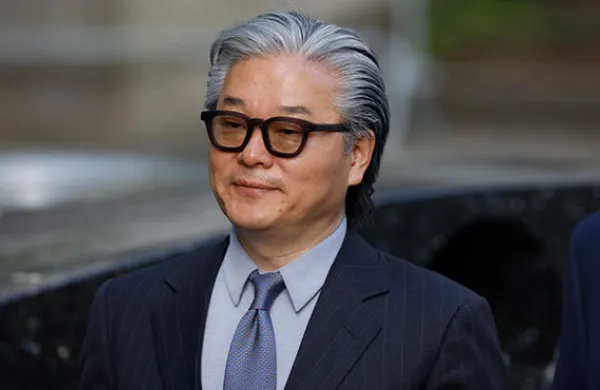In a three-month period that started with a Reddit-fueled trading frenzy and ended with a family office fire sale, hedge funds collectively delivered their best first-quarter performance in two decades, according to Hedge Fund Research.
HFR’s fund-weighted composite index, which tracks the overall industry, gained 6.1 percent for the year through March — the index’s highest first-quarter return since 2000, when the dot-com bubble was beginning to burst.
The industry-wide return was also slightly better than the overall market as measured by the Standard & Poor 500 index, which gained 5.77 percent with dividends reinvested, according to HFR.
This outperformance by hedge funds as a group came as a handful of current and former hedge fund managers made headlines for huge losses during a volatile and eventful quarter. One of these was Melvin Capital, which lost 54.4 percent in January in a short squeeze allegedly originating from retail traders on Reddit forum WallStreetBets. (Melvin would go on to gain 22 percent in February, according to Bloomberg.)
[II Deep Dive: Here’s How Hedge Funds Fared in January’s Trading Frenzy]
Another blow-up would occur near the end of the quarter at Archegos Capital, the family office of Bill Hwang, who had founded the now-defunct Tiger Asia. Archegos reportedly caused a $35 billion market meltdown when its prime brokers were forced to sell highly levered positions in stocks including Discovery and ViacomCBS.
Another Tiger Cub fund, Tao Li’s Teng Yue Partners, was also tied up in the market implosion, as Institutional Investor previously reported.
These big losses, however, turned out to be outliers. According to HFR, the bottom decile of hedge funds lost an average of 7.75 percent during the quarter. The top 10 percent of hedge funds, meanwhile, had an average gain of 25.77 percent.
The best performers were event-driven funds, which HFR said benefitted from their focus on “out-of-favor, deep value equity strategies and situations.” The research firm’s event-driven index gained 1.85 percent in March to end the quarter up 8.21 percent.
These were followed by equity hedge funds, which gained 7.36 percent during the three-month period, according to HFR.
Relative value hedge funds finished the quarter up 3.89 percent, while macro strategies posted a 3.83 percent return.
“With many equity markets having reached record highs, hedge funds continue to tactically position for fluid macroeconomic and geopolitical developments, with potential for dislocations as a result of dynamic retail trading trends, evolving demand for digital assets, new virus variants and/or financial institution leverage,” HFR president Kenneth Heinz said in a statement. “Funds positioned to opportunistically navigate these powerful and potentially volatile trends are likely to lead industry performance through mid-2021.”







